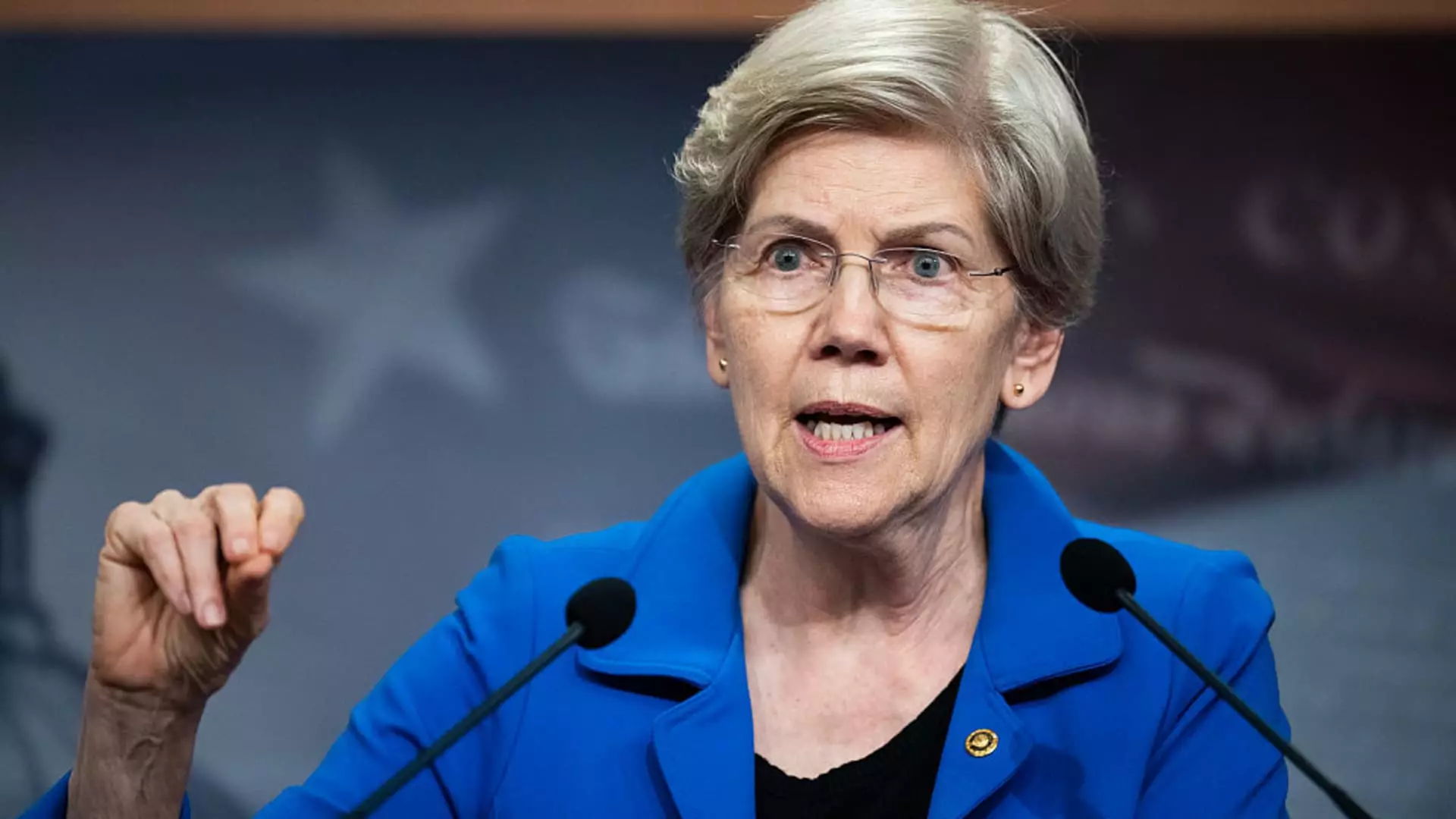As the Trump administration continues its aggressive approach to trade, many Democratic lawmakers are raising an alarm about the potential for corruption embedded within its tariff-heavy strategies. This call for scrutiny is not just an attempt to push back against a political adversary; it reflects legitimate concerns about the integrity of trade practices that seem to prioritize self-interest over fair commerce. The bipartisan call—led by figures such as Senator Elizabeth Warren and Representatives Judy Chu and Linda Sánchez—serves as a potent reminder that our trade policies should not merely function as tools for political leverage, but as fair mechanisms for economic engagement.
A Letter of Concern: The Democrats’ Plea for Accountability
In a recent letter sent to key administration officials, 47 lawmakers urged an examination into the potential misuse of tariffs. The inquiry appears timely, especially as the Trump administration has shown a propensity for utilizing tariffs to benefit political allies while punishing rivals. For instance, when electronics like smartphones were exempted from tariffs, it conveniently coincided with the lift in stock prices of companies such as Apple—a company whose CEO has spent considerable time and effort cultivating his relationship with Trump. This glaring overlap between corporate gain and political favoritism raises a significant ethical question: Is the administration prioritizing the interests of select businesses over fair trade, potentially fostering a system akin to an underground market?
Exemptions and Insider Trading: A Dangerous Precedent
The allegations put forth by the Democratic lawmakers reflect more than just partisan disdain; they spotlight a critical flaw in the functioning of our trade system under Trump. The possibility of leveraging tariff exemptions for political or financial favors creates a breeding ground for corruption. The idea that regulatory decisions could be swayed by personal investments or political relationships demonstrates a system out of alignment with democratic ideals and fairness. When import taxes are used as bargaining chips, it lays the groundwork for a trade policy that may invite rampant insider trading and degradation of trust in government.
The Call for Structural Reforms
While the Democrats find themselves in the minority, their efforts to demand clarity on tariff policies reveal an urgent need for deeper structural reforms in how trade laws are crafted and executed. Transparency should be non-negotiable in a functioning democracy, especially when the economic well-being of the nation hangs in the balance. To prevent a scenario where tariffs can be weaponized for personal gain or used as instruments of political patronage, the administration must clarify its stance and strategies surrounding exemptions. The request for responses by April 29 is not just a timeline; it signifies a desperate appeal for an administration presently veering towards a more autocratic and unaccountable approach to governance.
Ultimately, the concerns raised by lawmakers about Trump’s tariff policies are not just partisan rhetoric—they serve as critical insights into the broader implications of trade on American democracy and ethical governance. We owe it to ourselves to ensure that our economic policies serve the public good, not just political whims.

Leave a Reply